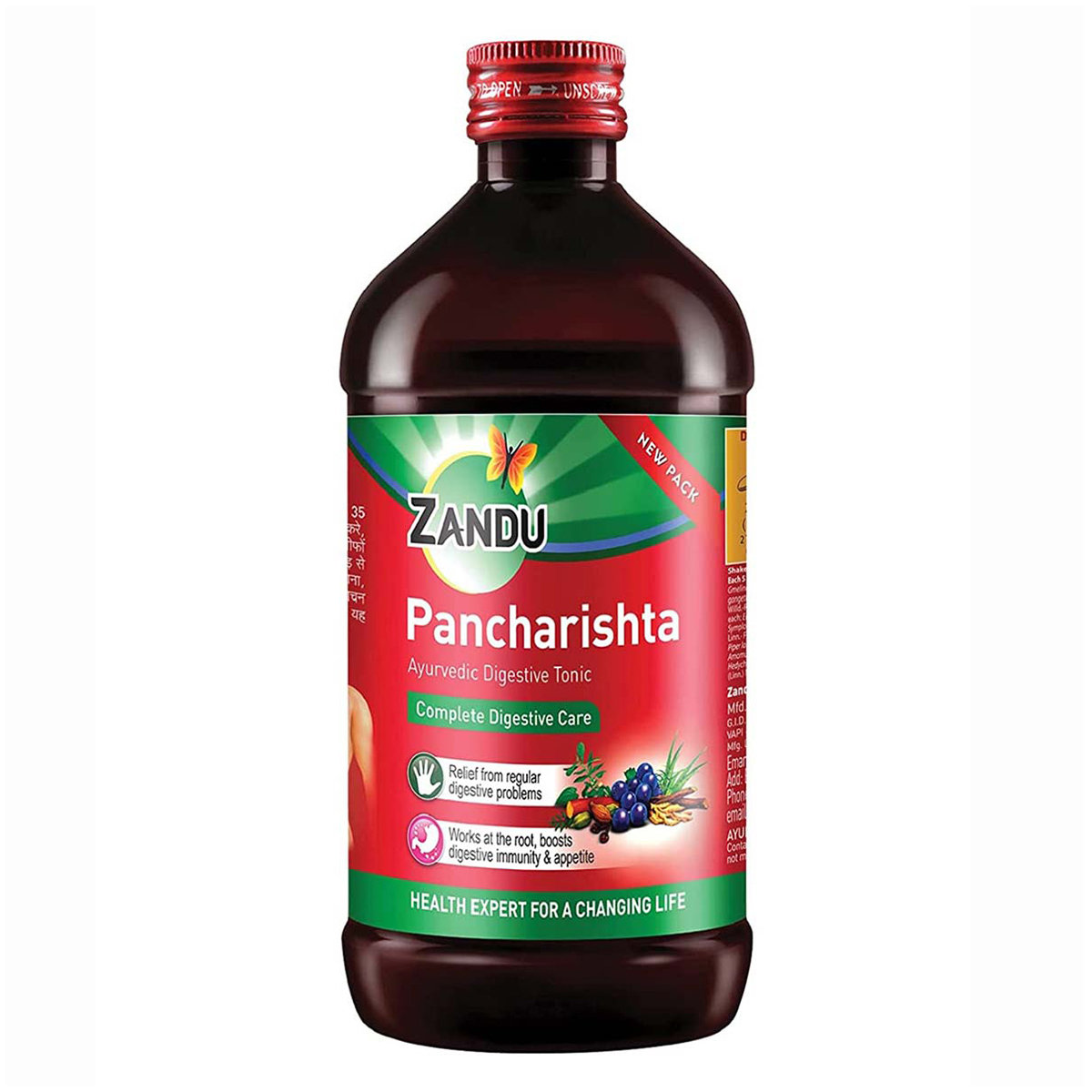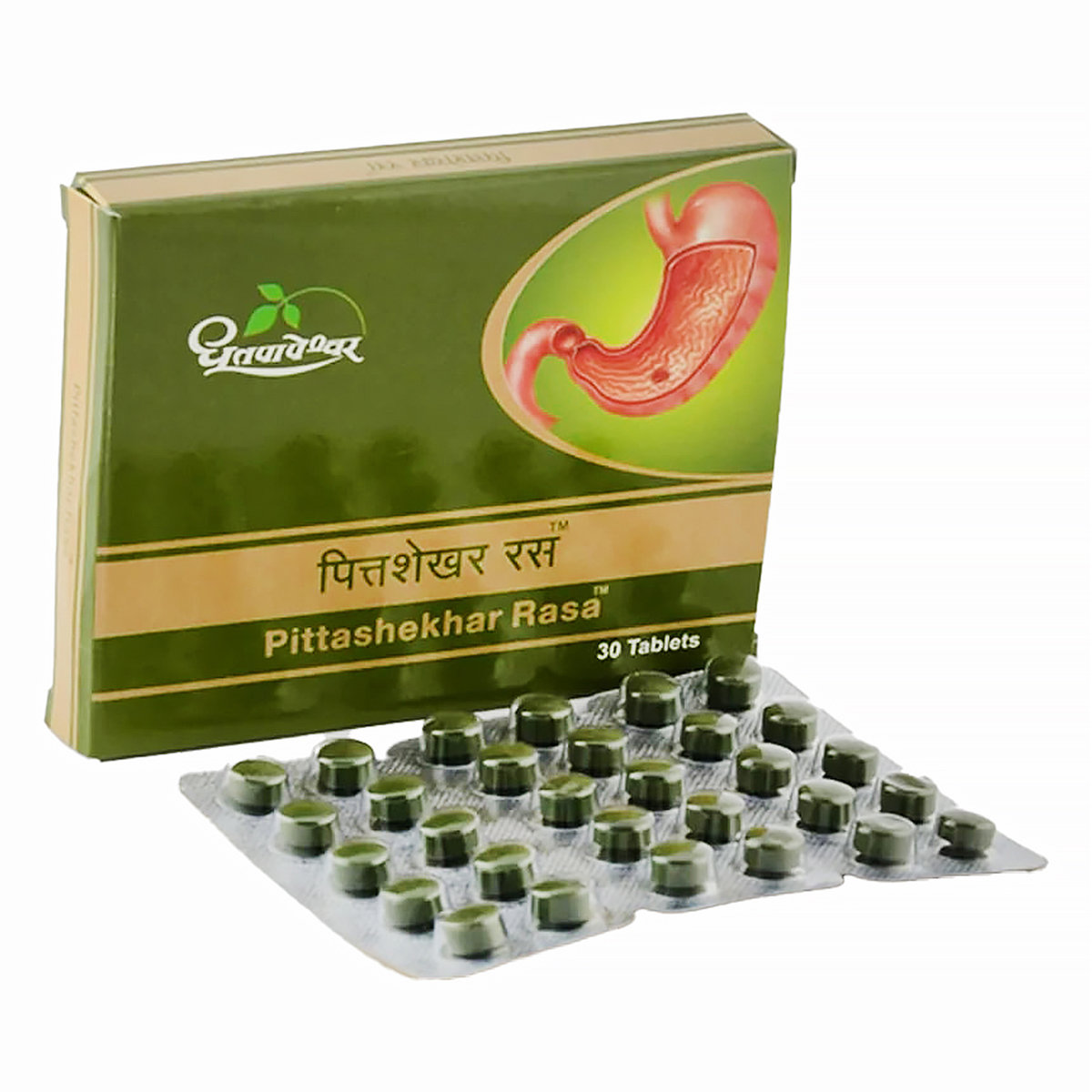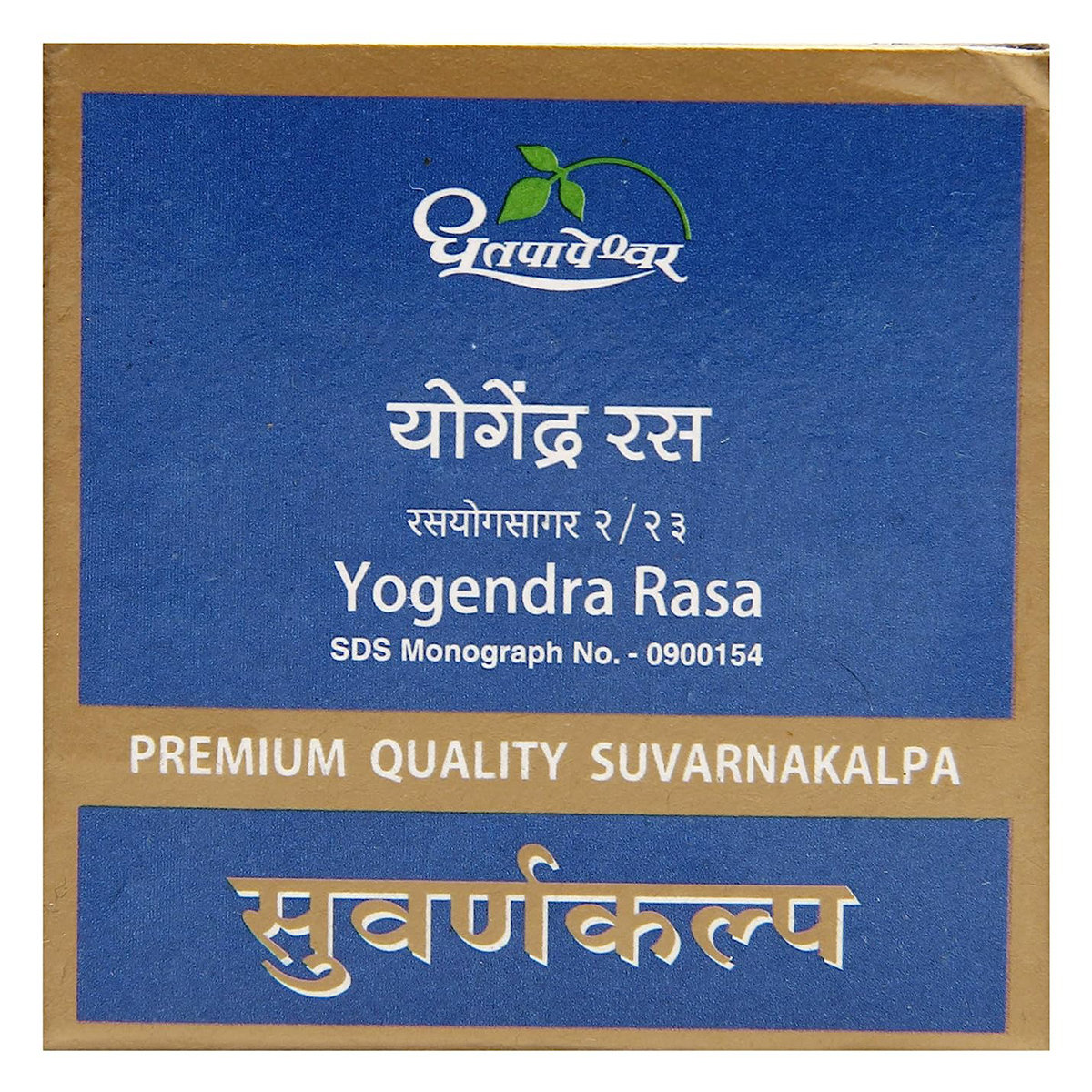Minicycline-LB Capsule
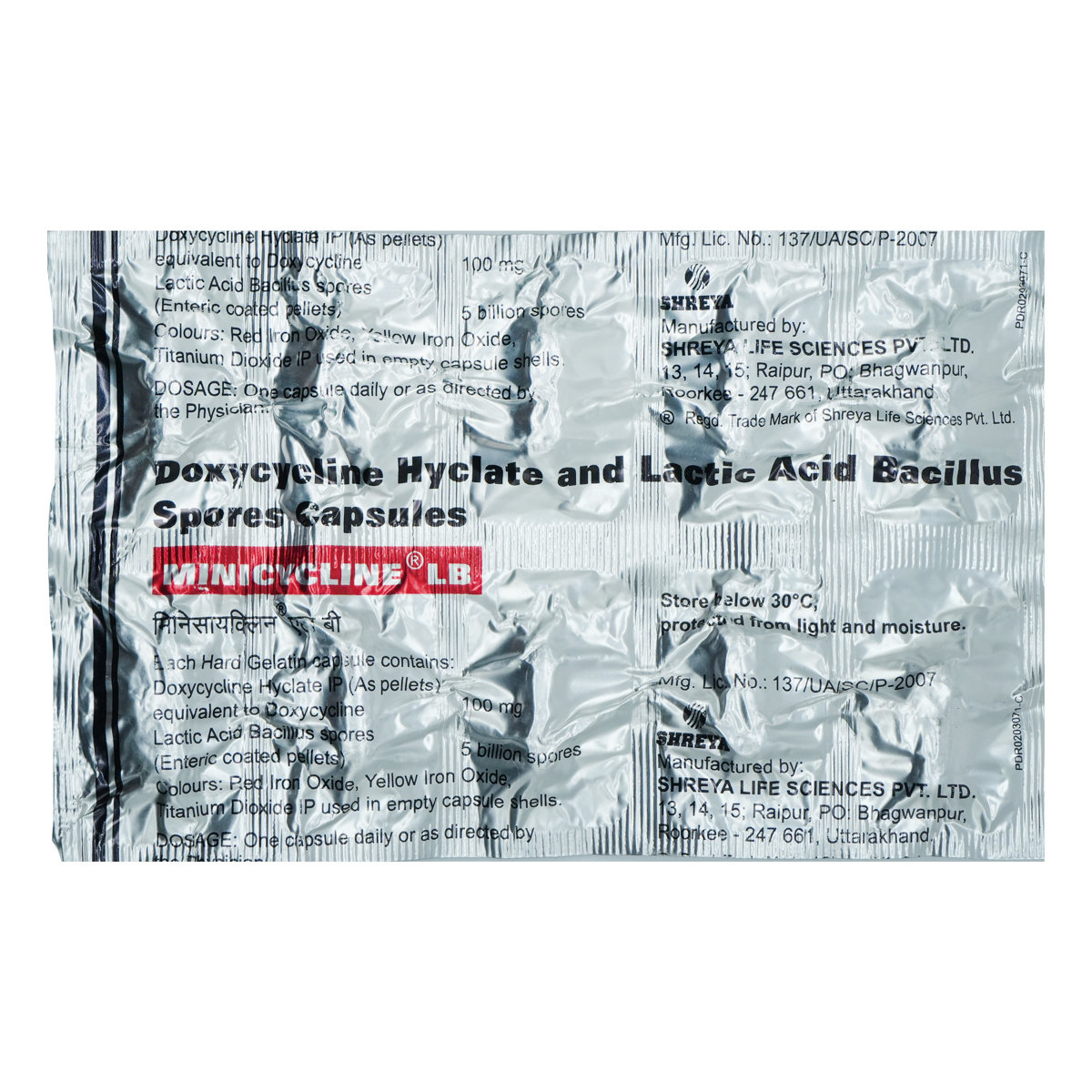
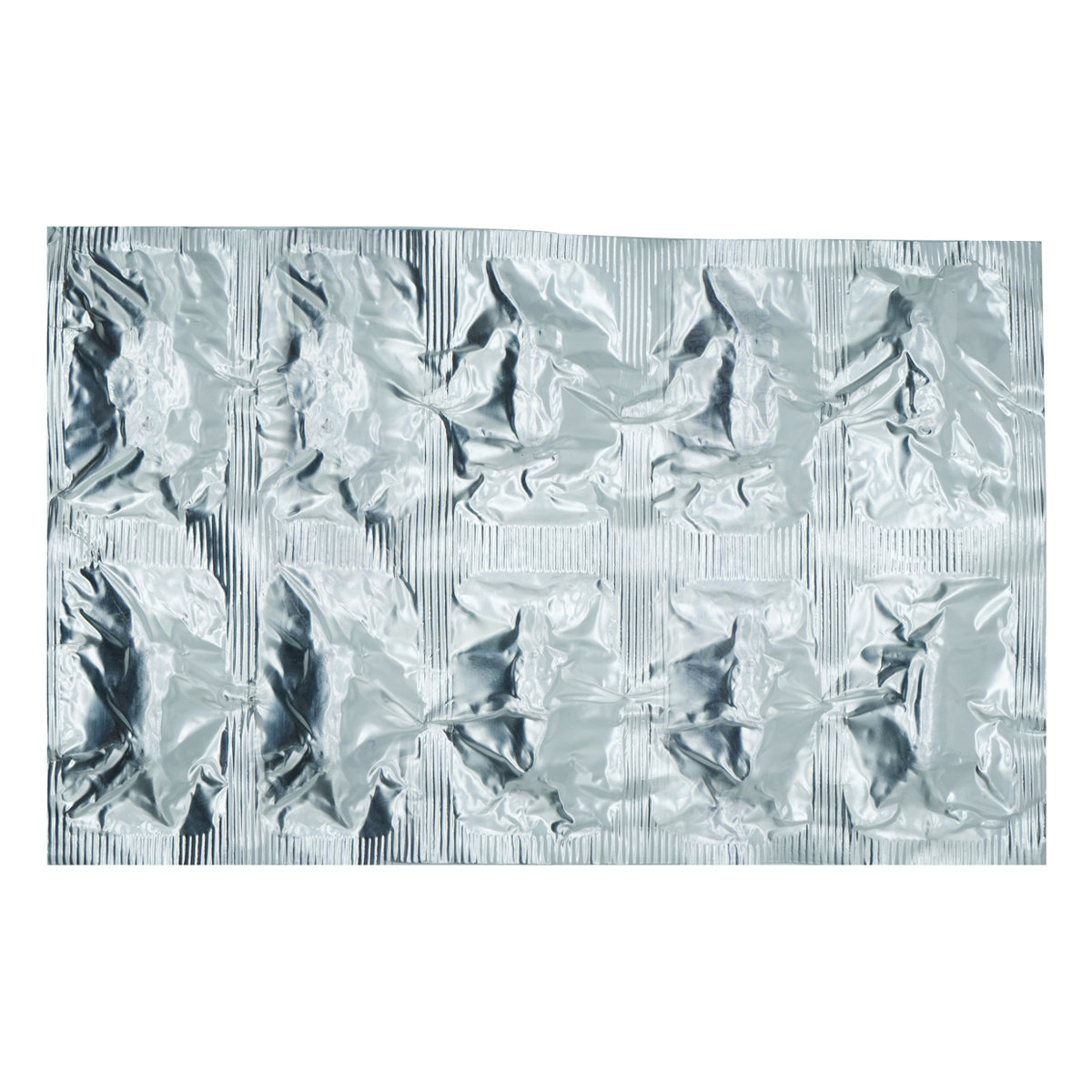
MRP ₹94
(Inclusive of all Taxes)
₹14.1 Cashback (15%)
know your delivery time
Provide Delivery Location
Composition :
Manufacturer/Marketer :
Consume Type :
Expires on or after :
Return Policy :

Secure Payment

Trusted by 8 Crore Indians

Genuine Products
Therapeutic Class
Country of origin
Manufacturer/Marketer address
Author Details
We provide you with authentic, trustworthy and relevant information
Disclaimer
Alcohol
Safe if prescribed
Avoid consumption of alcohol while taking Minicycline-LB Capsule as it may affect the working of Minicycline-LB Capsule .
Pregnancy
Consult your doctor
Please consult your doctor if you have any concerns regarding this; your doctor will prescribe only if the benefits outweigh the risks.
Breast Feeding
Consult your doctor
Please consult your doctor before taking Minicycline-LB Capsule ; your doctor will decide whether Minicycline-LB Capsule can be taken by breastfeeding mothers or not.
Driving
Safe if prescribed
Minicycline-LB Capsule may cause dizziness. Do not drive or operate machinery unless you are alert.
Liver
Consult your doctor
Dose adjustment may be needed. Please consult your doctor if you have a liver impairment or any concerns regarding this.
Kidney
Consult your doctor
Please consult your doctor if you have kidney impairment or any concerns regarding this.
Children
Safe if prescribed
Minicycline-LB Capsule should be given to children only if prescribed by the doctor. Minicycline-LB Capsule contains doxycycline, which may lead to permanent discolouration of teeth if used in children below 8 years/during the period of tooth development.
About Minicycline-LB Capsule
Minicycline-LB Capsule belongs to a group of medications called antibiotics, used to treat bacterial infections such as urinary tract infections, intestinal infections, respiratory infections, eye infections, gum infections, and sexually transmitted infections (like gonorrhoea, syphilis). Bacterial infections are caused due to the multiplication of harmful bacteria inside or on the body. Minicycline-LB Capsule does not work against infections caused by the virus, including cold and flu.
Minicycline-LB Capsule contains Doxycycline and Lactobacillus. Doxycycline prevents the synthesis of essential proteins which are necessary for the survival of the bacteria, thereby kills the bacteria. Lactobacillus is a microorganism that helps in restoring the balance of good bacteria in the gut, which may have gotten upset due to infections or antibiotic use. Together, Minicycline-LB Capsule helps in treating bacterial infections.
Take Minicycline-LB Capsule as prescribed. You are advised to take Minicycline-LB Capsule for as long as your doctor has prescribed it for you, depending on your medical condition. In some cases, you may experience certain common side-effects such as nausea, vomiting, loss of appetite, and stomach upset. Most of these side effects do not require medical attention and will resolve gradually over time. However, you are advised to talk to your doctor if you experience these side effects persistently.
Consult your doctor before taking Minicycline-LB Capsule if you are pregnant or breastfeeding. Avoid alcohol consumption as it might affect the working of Minicycline-LB Capsule . Minicycline-LB Capsule may cause dizziness, so be cautious while driving. Inform your doctor about all the medicines you are taking and about your health condition to rule out any unpleasant side effects.
Uses of Minicycline-LB Capsule
Medicinal Benefits Mweb
Key Benefits
Minicycline-LB Capsule contains Doxycycline and Lactobacillus. Minicycline-LB Capsule is used to treat bacterial infections such as urinary tract infections, intestinal infections, respiratory infections, eye infections, gum infections, and sexually transmitted infections (like gonorrhoea, and syphilis). Doxycycline prevents the synthesis of essential proteins which are necessary for the survival of the bacteria, thereby kills the bacteria. Lactobacillus is a microorganism that helps in restoring the balance of good bacteria in the gut, which may have gotten upset due to infections or antibiotic use. Together, Minicycline-LB Capsule helps in treating bacterial infections.
Directions for Use
Side Effects of Minicycline-LB Capsule
- Nausea
- Vomiting
- Stomach upset
- Loss of appetite
Drug Warnings
Do not take Minicycline-LB Capsule if you are allergic to any of the contents. Avoid taking Minicycline-LB Capsule on your own as self-medication may lead to antibiotic resistance in which antibiotics fail to act against specific bacterial infections. Inform your doctor if you have myasthenia gravis (muscle weakness/tiredness), porphyria (genetic disease of blood pigments), kidney or liver problems. Consult your doctor before taking Minicycline-LB Capsule if you are pregnant or breastfeeding. Avoid alcohol consumption as it might affect the working of Minicycline-LB Capsule . Minicycline-LB Capsule may cause dizziness, so be cautious while driving. Inform your doctor about all the medicines you are taking and about your health condition to rule out any unpleasant side effects.
Drug-Drug Interactions
Drug-Drug Interactions
Login/Sign Up
Coadministration of Acitretin with Minicycline-LB Capsule can increase the risk and severity of vision problems.
How to manage the interaction:
Taking Acitretin with Minicycline-LB Capsule together is generally avoided as it can result in an interaction, it can be taken if your doctor has advised it. However, if you experience headaches, nausea, vomiting, and visual disturbances, contact a doctor immediately. Do not discontinue any medications without consulting a doctor.
Coadministration of Tretinoin with Minicycline-LB Capsule can increase the risk of side effects like vision problems.
How to manage the interaction:
Taking Tretinoin with Minicycline-LB Capsule is generally avoided as it can possibly result in an interaction, it can be taken if your doctor has advised it. However, if you experience sudden headache, nausea, vomiting, and visual disturbances, contact your doctor immediately. Do not discontinue any medications without consulting a doctor.
Taking isotretinoin with Minicycline-LB Capsule may increase the risk of a rare condition called pseudotumor cerebri (increased pressure in the brain).
How to manage the interaction:
Although taking isotretinoin and Minicycline-LB Capsule together can possibly result in an interaction, it can be taken if your doctor has prescribed it. However, consult the doctor immediately if you experience symptoms such as headache, nausea, vomiting, and visual disturbances, consult a doctor. Do not stop using any medications without consulting doctor.
Taking Minicycline-LB Capsule with etretinate may increase the risk of vision problems.
How to manage the interaction:
Taking Etretinate with Minicycline-LB Capsule is not recommended, but can be taken if prescribed by a doctor. However, consult a doctor if you experience headache, nausea, vomiting, and visual disturbances. Do not discontinue any medication without consulting a doctor.
Co-administration of Minicycline-LB Capsule with calcium acetate can reduce its effectiveness.
How to manage the interaction:
Although there is an interaction between calcium acetate and Minicycline-LB Capsule, it can be taken together if prescribed by a doctor. It is adviced to take Minicycline-LB Capsule 2 hrs before or 6 hours after taking calcium acetate. Do not stop using any medications without talking to a doctor.
Co-administration of aminolevulinic acid with Minicycline-LB Capsule may increase the risk of sunburn.
How to manage the interaction:
Co-administration of Minicycline-LB Capsule with Aminolevulinic acid can possibly result in an interaction, but it can be taken if your doctor has advised it. If you notice that your skin is very sensitive to sunlight or if you have a sunburn, it's important to contact your doctor right away. Do not stop using any medications without first talking to your doctor.
Coadministration of lomitapide with Minicycline-LB Capsule can increase the risk of liver problems.
How to manage the interaction:
There may be a possibility of interaction between Minicycline-LB Capsule and Lomitapide, but it can be taken if prescribed by a doctor. However, contact your doctor if you experience fever, chills, joint pain, swelling, skin rash, itching, feeling tired, feeling sick, stomach ache, and dark urine. Do not stop using any medications without first talking to your doctor.
Coadministration of Ketoconazole and Minicycline-LB Capsule may increase the risk of liver problems.
How to manage the interaction:
Although taking Minicycline-LB Capsule with Ketoconazole can result in an interaction, they can be taken together if prescribed by a doctor. However, if you experience any symptoms such as joint pain or swelling, skin rash, itching, nausea, vomiting, abdominal pain, dark urine, light stools, and/or yellowing of the skin or eyes, consult a doctor immediately. Do not discontinue using any medications without consulting a doctor.
Taking Minicycline-LB Capsule with mipomersen may increase the risk of liver problems.
How to manage the interaction:
Although taking Minicycline-LB Capsule with Mipomersen can possibly result in an interaction, they can be taken together if prescribed by your doctor. However, if you experience any symptoms such as joint pain or swelling, skin rash, itching, nausea, vomiting, abdominal pain, dark urine, light stools, and/or yellowing of the skin or eyes, consult a doctor immediately. Do not discontinue using any medications without consulting a doctor.
Taking vitamin A with Minicycline-LB Capsule may increase the risk of vision problems.
How to manage the interaction:
Although taking Retinol (vitamin A) together with Minicycline-LB Capsule can possibly result in an interaction, they can be taken together if prescribed by your doctor. Do not discontinue using any medications without consulting your doctor.
Drug-Food Interactions
Drug-Food Interactions
Login/Sign Up
Drug-Diseases Interactions
Drug-Diseases Interactions
Login/Sign Up
Drug-Drug Interactions Checker List
- WARFARIN
- RIFAMPICIN
- CARBAMAZEPINE
- PHENYTOIN
- PRIMIDONE
- CICLOSPORIN
- METHOTREXATE
Habit Forming
Diet & Lifestyle Advise
- Antibiotics can alter the useful bacteria in the stomach, which help in digestion. Therefore, you are advised to take foods rich in probiotics such as yoghurt/curd, kefir, sauerkraut, tempeh, kimchi, miso, kombucha, buttermilk, natto and cheese.
- Eat fibre-rich food like whole grains, beans, lentils, berries, broccoli, peas and bananas.
- Avoid foods rich in calcium, grapefruit and grapefruit juice as they might hinder the absorption of antibiotics.
- Avoid consumption of alcohol and usage of tobacco.

Have a query?
Buy best Gastro Enterology products by
Abbott India Ltd
Sun Pharmaceutical Industries Ltd
Alkem Laboratories Ltd
Cipla Ltd
Torrent Pharmaceuticals Ltd
Intas Pharmaceuticals Ltd
Mankind Pharma Pvt Ltd
Lupin Ltd
Dr Reddy's Laboratories Ltd
Aristo Pharmaceuticals Pvt Ltd
Alembic Pharmaceuticals Ltd
Wallace Pharmaceuticals Pvt Ltd
La Renon Healthcare Pvt Ltd
Leeford Healthcare Ltd
Macleods Pharmaceuticals Ltd
J B Chemicals & Pharmaceuticals Ltd
Zydus Healthcare Ltd
Micro Labs Ltd
Zydus Cadila
Fourrts India Laboratories Pvt Ltd
Morepen Laboratories Ltd
Zuventus Healthcare Ltd
FDC Ltd
Eris Life Sciences Ltd
Cadila Pharmaceuticals Ltd
Medishri Healthcare Pvt Ltd
Alniche Life Sciences Pvt Ltd
Medley Pharmaceuticals Ltd
Tas Med India Pvt Ltd
Signova Pharma
Tablets India Ltd
Elder Pharmaceuticals Ltd
Wockhardt Ltd
Emcure Pharmaceuticals Ltd
Sanatra Healthcare Ltd
Glenmark Pharmaceuticals Ltd
Blue Cross Laboratories Pvt Ltd
East West Pharma India Pvt Ltd
Hetero Drugs Ltd
Indoco Remedies Ltd
Vasu Organics Pvt Ltd
Biological E Ltd
Primus Remedies Pvt Ltd
Akumentis Healthcare Ltd
Corona Remedies Pvt Ltd
Pfizer Ltd
Albert David Ltd
DR Johns Lab Pharma Pvt Ltd
Ajanta Pharma Ltd
Cadila Healthcare Ltd
Ipca Laboratories Ltd
Ordain Health Care Global Pvt Ltd
Systopic Laboratories Pvt Ltd
Ozone Pharmaceuticals Ltd
Foregen Healthcare Ltd
Medgen Drugs And Laboratories Pvt Ltd
Panacea Biotec Ltd
Samarth Life Sciences Pvt Ltd
Shine Pharmaceuticals Ltd
Adonis Laboratories Pvt Ltd
Dey's Medical Stores (Mfg) Ltd
Eskag Pharma Pvt Ltd
Hetero Healthcare Pvt Ltd
Indchemie Health Specialities Pvt Ltd
Meyer Organics Pvt Ltd
RPG Life Sciences Ltd
Troikaa Pharmaceuticals Ltd
Biochem Pharmaceutical Industries Ltd
Shreya Life Sciences Pvt Ltd
Sinsan Pharmaceuticals Pvt Ltd
3M India Ltd
Chemo Healthcare Pvt Ltd
Levin Life Sciences Pvt Ltd
Meridian Enterprises Pvt Ltd
Overseas Health Care Pvt Ltd
Saf Fermion Ltd
Sanzyme Pvt Ltd
Steris Healthcare
USV Pvt Ltd
Seagull Pharmaceutical Pvt Ltd
Votary Laboratories (India) Ltd
Win Medicare Ltd
Yuventis Pharmaceuticals
Aar Ess Remedies Pvt Ltd
Caplet India Pvt Ltd
Piramal Enterprises Ltd
Sanofi India Ltd
Cnx Health Care Pvt Ltd
Galpha Laboratories Ltd
Intra Labs India Pvt Ltd
Kinesis Pharmaceuticals Pvt Ltd
Msn Laboratories Pvt Ltd
Olcare Laboratories Pvt Ltd
Rapross Pharmaceuticals Pvt Ltd
Ronyd Healthcare Pvt Ltd
Saffron Therapeutics Pvt Ltd
Solariz Healthcare Pvt Ltd
Syndicate Life Sciences Pvt Ltd
Aurz Pharmaceutical Pvt Ltd
Biophar Lifesciences Pvt Ltd
Customers Also Bought

_0.jpg?tr=q-85)




